Focus on peer review
Peer reviewers should reveal conflicts of interests: a cautionary set of tales...
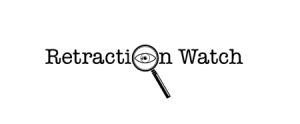 The author notes that COPE affirms the importance of peer reviewers to declare any potential conflicts of interest in the COPE Ethical Guidelines for Peer Reviewers. That guidance has now been updated, as noted elsewhere in this Digest.
The author notes that COPE affirms the importance of peer reviewers to declare any potential conflicts of interest in the COPE Ethical Guidelines for Peer Reviewers. That guidance has now been updated, as noted elsewhere in this Digest.
peer reviewers don't disclose COI
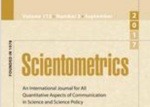 Difficulty of recruiting reviewers predicts review scores and editorial decisions at six journals of ecology and evolution
Difficulty of recruiting reviewers predicts review scores and editorial decisions at six journals of ecology and evolution
influence of reviewer recruitment
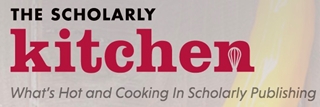
Alice Meadows previews some of the content to be discussed at the panel session on "What transparent peer review means"
transparent peer review
 Welte and Grebe argue that “100,000 journals have to die” to fix scholarly publishing and that the classic peer review system is outdated at best
Welte and Grebe argue that “100,000 journals have to die” to fix scholarly publishing and that the classic peer review system is outdated at best
fix the academic peer review system
 “The review process is so central to the validation of scholarship that it should not be conducted in the shadows”. An author and reviewer in conversation
“The review process is so central to the validation of scholarship that it should not be conducted in the shadows”. An author and reviewer in conversation
a definition of open peer review
Authorship ethics
 The still-too-common problem of gift authorship prompts author Trisha Greenhalgh to suggest an academic Hippocratic Oath
The still-too-common problem of gift authorship prompts author Trisha Greenhalgh to suggest an academic Hippocratic Oath
hippocratic oath for academics?
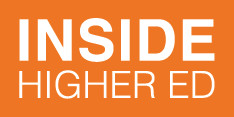 Graduate student publication ban proposal
Graduate student publication ban proposal
Ethics examined and reasons explained. Seems like a bandaid to a much more important, likely self-inflicted, injury
should graduates publish?
 When is behavioral research a clinical trial?
When is behavioral research a clinical trial?
An open letter from over 2000 researchers to the head of the US NIH in which they argue that new regulations that classifying human behavior studies as clinical trials will create too much red tape.
unnecessary red tape
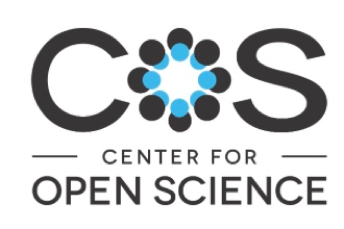 Preprint servers expanding
Preprint servers expanding
Six research communities opened preprint servers at the end of August 2017: Indonesia, library and information science, mind and contempletive practices, nutritional sciences, paleontology, and sport and exercise
new preprint servers
 New models of academic publishing needed
New models of academic publishing needed
“Placing scientific articles behind paywalls is absurd”. The author encourages academics to fix the problems
new frontiers
 An author's prior misconduct: should you assume that past actions predict current performance?
An author's prior misconduct: should you assume that past actions predict current performance?
Nature Plants treated a paper by a researcher who had multiple prior retractions just like any other paper
multiple retractions
 Corporate funding of research
Corporate funding of research
Corporations now fund a large percentage of biomedical research. What is the impact on journals? Guess where this author thinks we are. “Journals have become tools in corporate battles”
new phase of corporate research?
 Case #16-12
Case #16-12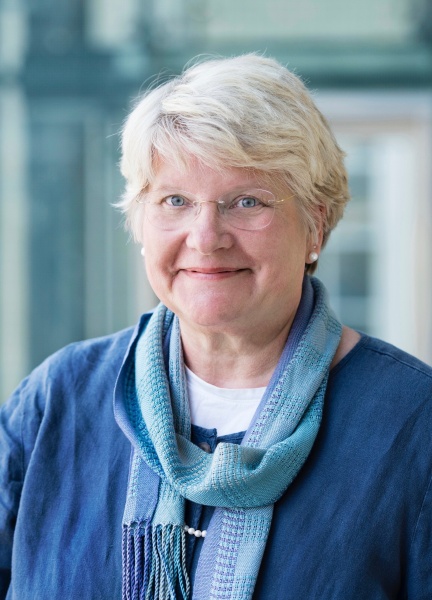

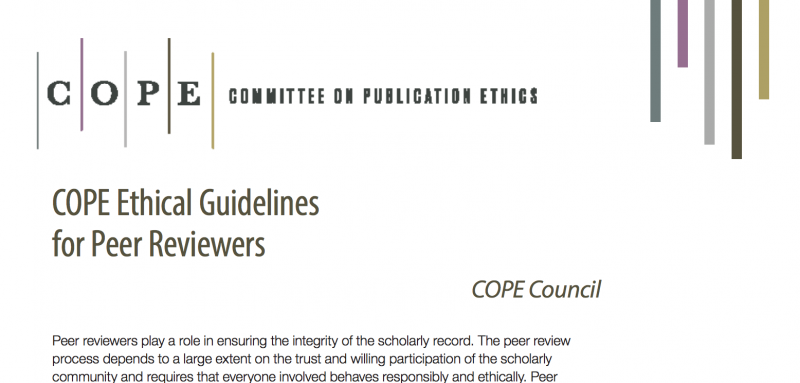 This is a revised version of the guidelines that were produced in 2013. Following our call for feedback, this version includes input from the publication ethics community and from the institutions in the COPE
This is a revised version of the guidelines that were produced in 2013. Following our call for feedback, this version includes input from the publication ethics community and from the institutions in the COPE 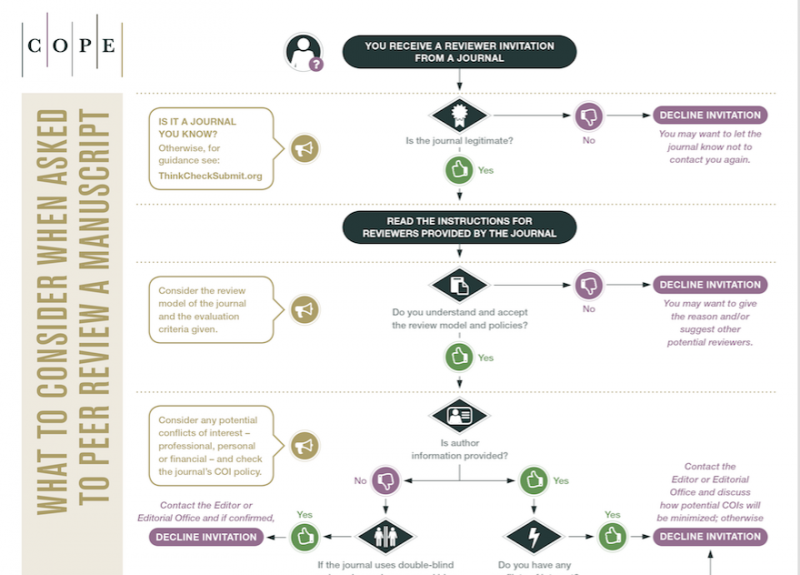 What to consider when asked to peer review a manuscript
What to consider when asked to peer review a manuscript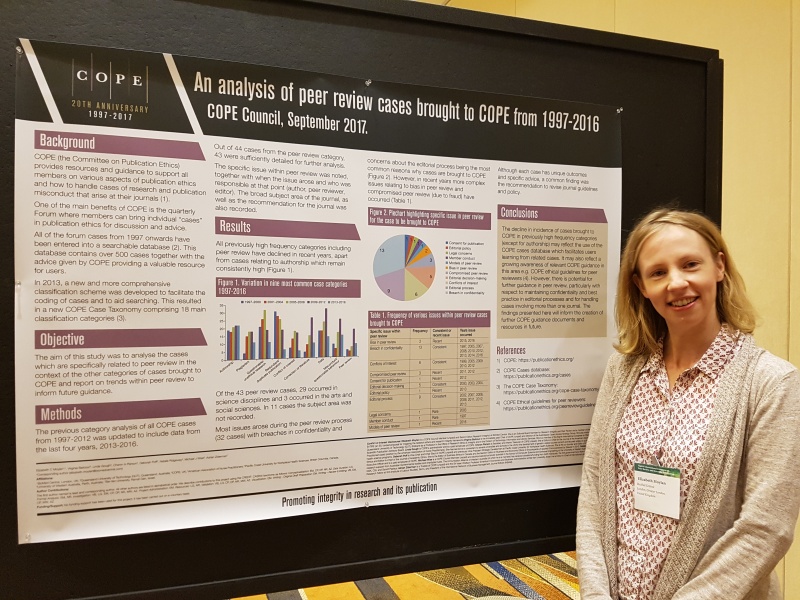 COPE is presenting two posters at the International Congress on Peer Review and Scientific Publication.
COPE is presenting two posters at the International Congress on Peer Review and Scientific Publication. The author notes that COPE affirms the importance of peer reviewers to declare any potential conflicts of interest in the COPE
The author notes that COPE affirms the importance of peer reviewers to declare any potential conflicts of interest in the COPE  Difficulty of recruiting reviewers predicts review scores and editorial decisions at six journals of ecology and evolution
Difficulty of recruiting reviewers predicts review scores and editorial decisions at six journals of ecology and evolution
 Welte and Grebe argue that “100,000 journals have to die” to fix scholarly publishing and that the classic peer review system is outdated at best
Welte and Grebe argue that “100,000 journals have to die” to fix scholarly publishing and that the classic peer review system is outdated at best “The review process is so central to the validation of scholarship that it should not be conducted in the shadows”. An author and reviewer in conversation
“The review process is so central to the validation of scholarship that it should not be conducted in the shadows”. An author and reviewer in conversation The still-too-common problem of gift authorship prompts author Trisha Greenhalgh to suggest an academic Hippocratic Oath
The still-too-common problem of gift authorship prompts author Trisha Greenhalgh to suggest an academic Hippocratic Oath Graduate student publication ban proposal
Graduate student publication ban proposal When is behavioral research a clinical trial?
When is behavioral research a clinical trial? Preprint servers expanding
Preprint servers expanding New models of academic publishing needed
New models of academic publishing needed An author's prior misconduct: should you assume that past actions predict current performance?
An author's prior misconduct: should you assume that past actions predict current performance? 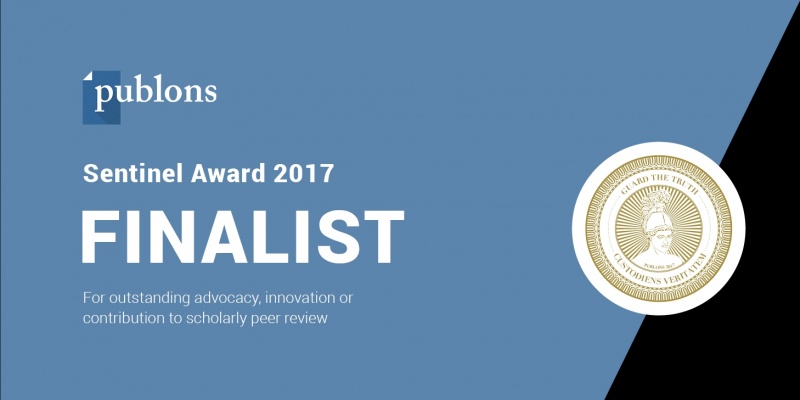
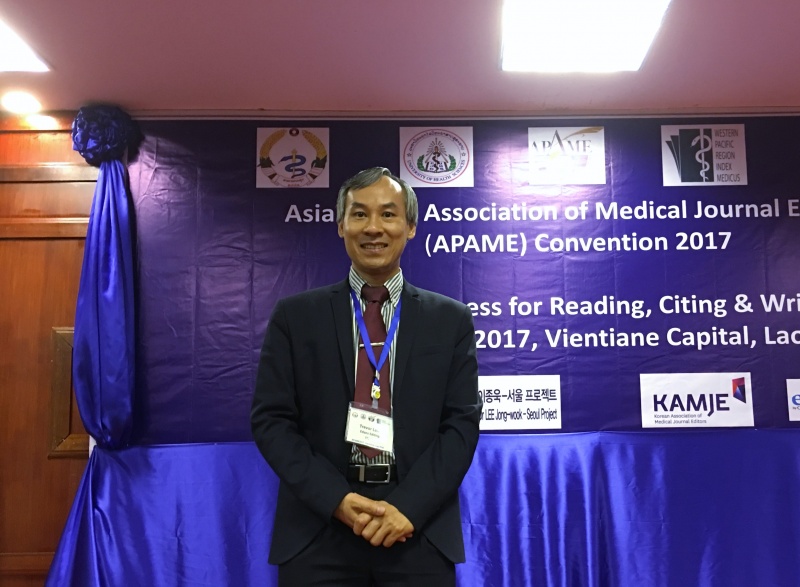 Dr
Dr